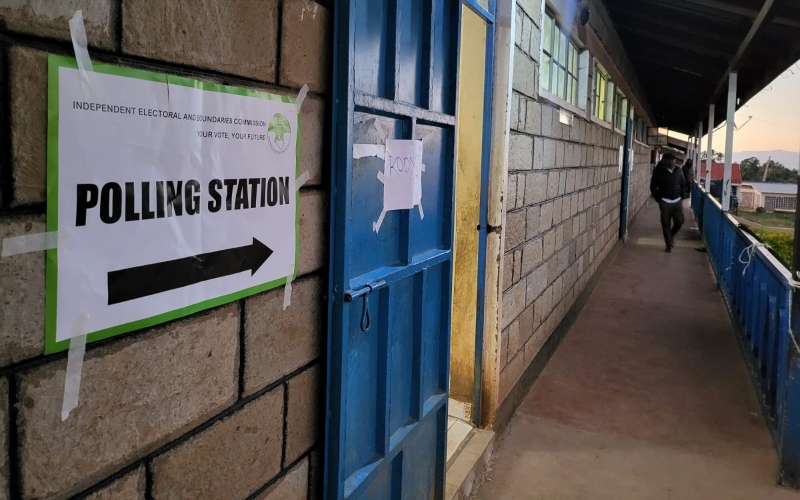Record 120 million people displaced worldwide - UN report

The report indicates an alarming rise in the growing number of individuals fleeing conflict within their own countries.
The global community continues to face profound challenges stemming from escalating displacement, exacerbated by climate change's simultaneous impacts and persistent conflicts afflicting regions worldwide, a report has revealed.
The UNHCR's 2024 Global Trends Report, published on Thursday, highlights the impact of forced displacement, with approximately 120 million people displaced by the end of 2023. This marks the 12th consecutive year of escalation, driven by ongoing crises and emerging conflicts.
More To Read
- What’s at stake in the COP30 negotiations?
- Major global emitters off track, no country strong enough to meet climate targets - report
- African activists rally and challenge COP30 agenda
- Ethiopia hosting COP32 a ‘win for the Horn of Africa’, IGAD says
- Power utilities raise clean energy investment plans by 26 per cent in major Net Zero push
- Kenya, EU ink Sh4.8 billion deal on environment and climate protection
United Nations High Commissioner for Refugees Filippo Grandi stressed the profound human tragedies underlying these figures, calling for urgent international action to address the root causes of forced displacement.
"This marks the 12th consecutive year of escalation with conflict as a primary cause of displacement. In 2023, we at UNHCR addressed 43 emergencies across 29 countries, reflecting a substantial rise from previous years,” said Grandi.
Grandi condemned the evolving conduct of warfare, noting widespread disregard for international humanitarian laws aimed at protecting civilians. He pointed out that contemporary conflicts often strive to instil fear and terrorise populations, increasing global displacement crises.
“Without concerted efforts to tackle conflicts and human rights violations, displacement figures will continue to soar,” said Gandhi.
The report indicates an alarming rise in the growing number of individuals fleeing conflict within their own countries.
The Internal Displacement Monitoring Centre reports a surge to 68.3 million affected individuals, reflecting a nearly 50 per cent increase over the past five years.
In Sudan, intense military clashes will have displaced 10.8 million people by the end of 2023, tripling pre-war figures. Conflicts in the Democratic Republic of the Congo (DRC) and Myanmar have internally displaced millions over the past year.
UNHCR notes that in the Gaza Strip, approximately 1.7 million people—comprising over 75 per cent of the population—have experienced displacement, while Syria reports the highest numbers, with 13.8 million forcibly displaced both within and outside its borders.
Despite these immense challenges, the report also notes positive developments. In 2023, over five million internally displaced persons and one million refugees globally returned to their homes, with resettlement arrivals reaching 154,300.
Grandi acknowledged these returns as promising signs, stressing the importance of inclusive solutions and citing Kenya's proactive approach to integrating refugees into local communities as a commendable example.
Kenya's Shirika plan, which aims to integrate 600,000 refugees, predominantly Somalis and South Sudanese, into local communities.
UNHCR remains committed to exploring innovative approaches and sustainable solutions to assist millions displaced worldwide amidst ongoing crises and emerging conflicts.
The report stresses the critical role of addressing the drivers of displacement, including conflict, persecution, human rights abuses, and the impacts of climate change.
It dispels misconceptions about refugee destinations, noting that the majority seek refuge in neighbouring low- and middle-income countries rather than wealthier nations.
Top Stories Today
Reader Comments
Trending
















































